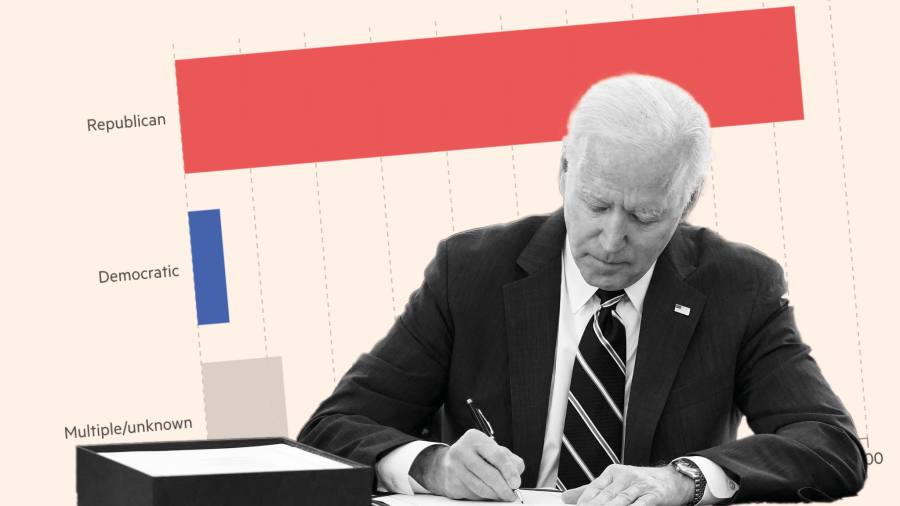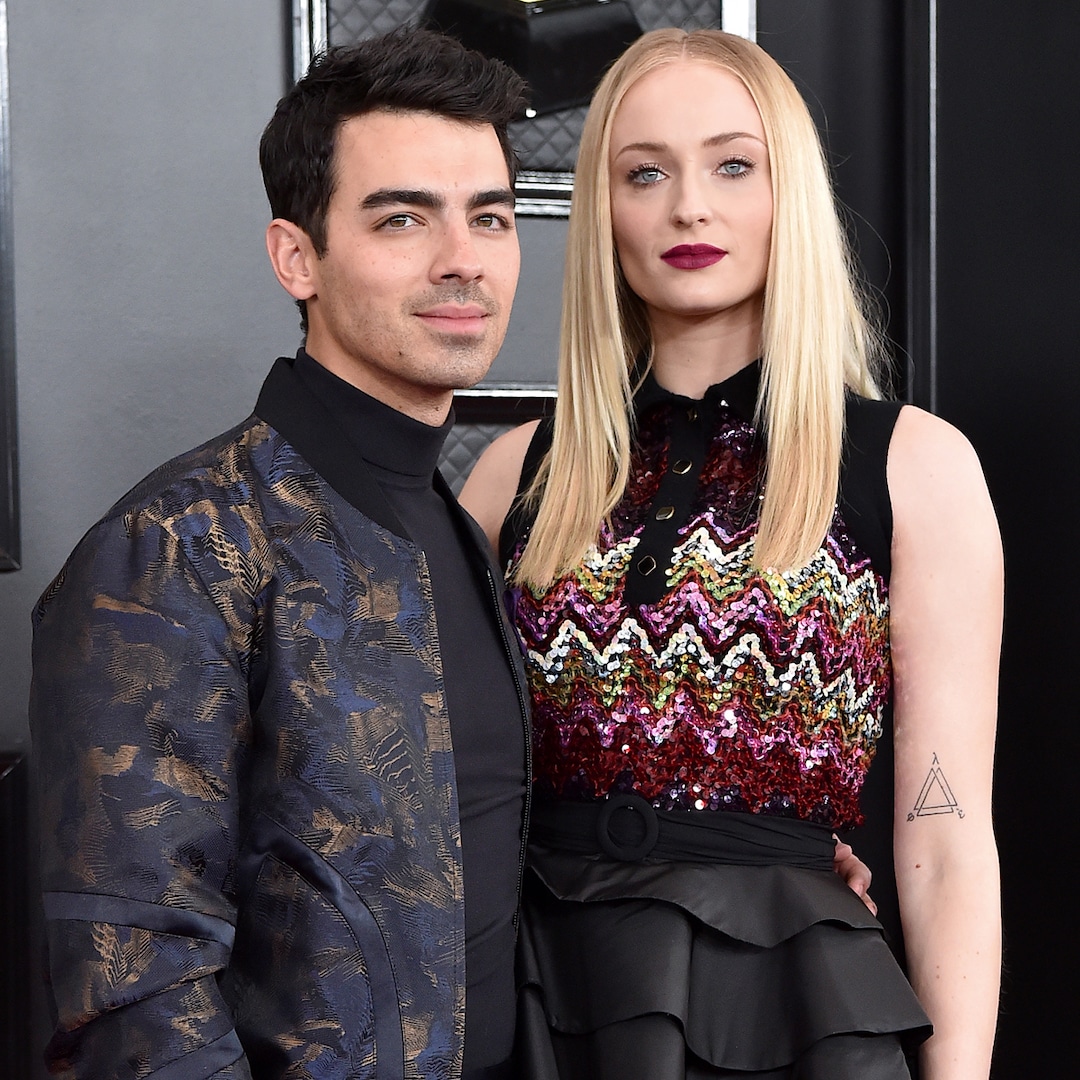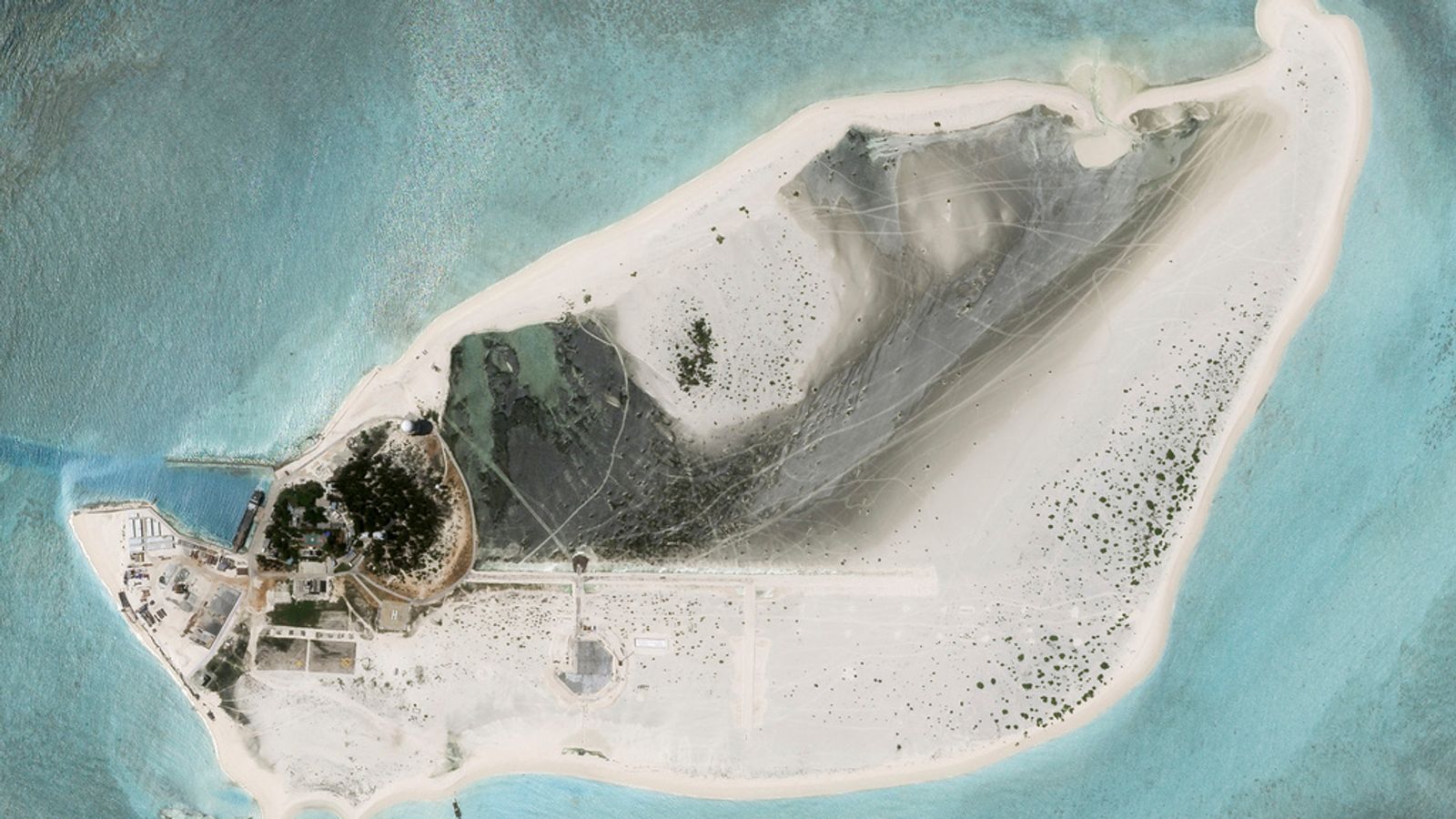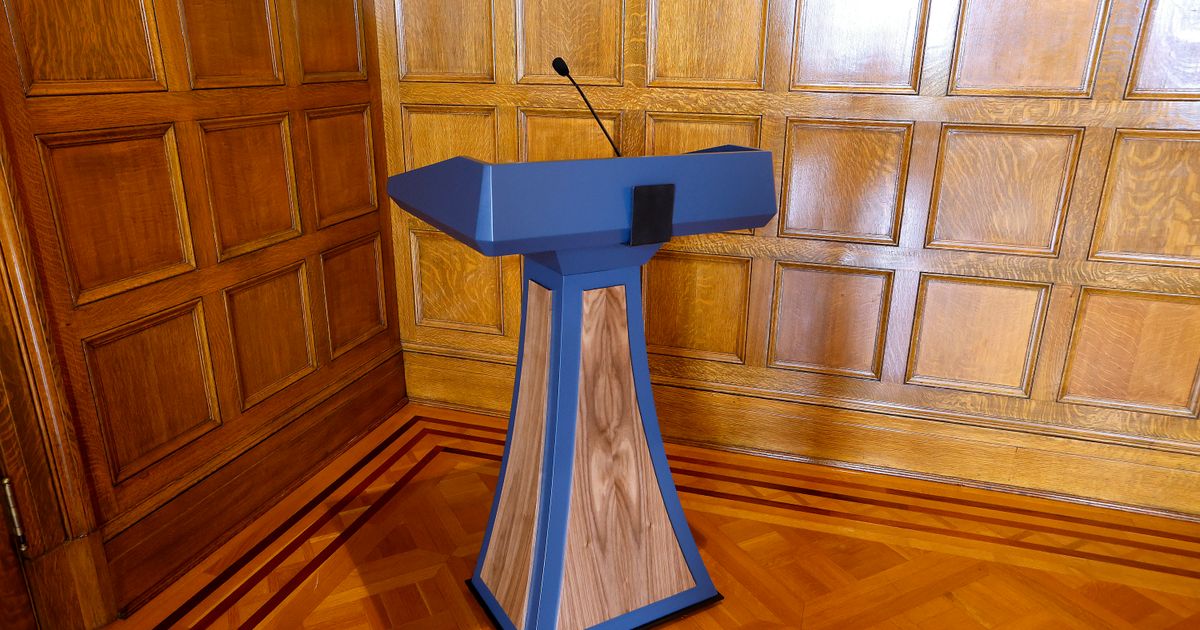And then there are the more overt links between Argentine presidential candidate Javier Milei and former U.S. president Donald Trump. In a direct nod to the right-wing nationalists to the north, some of Milei’s backers wear “Make Argentina Great Again” hats. Others fly the yellow Gadsden flag — that is, the banner of a rattlesnake with the slogan “Don’t tread on me” popular among the far right in the United States. Milei himself admires Trump and apes his language about climate change being a “socialist lie” and calls for fewer restrictions on gun ownership. He explicitly places his project among the broader wave of the global far right, allying with regional counterparts in Brazil and Chile, as well as far-right Vox in Spain.
As Trump endorsed Brazilian firebrand Jair Bolsonaro, Bolsonaro released a video trumpeting his support for Milei ahead of last weekend’s presidential primary polls in Argentina. The former Brazilian president may now be a political loser at home, but his chosen candidate in Argentina is on the rise.
On Sunday, Milei won the most votes in the primary election, outperforming the center-right challengers who were expected to come out in front, as well as Sergio Massa, Argentina’s current minister of the economy and standard-bearer of the beleaguered Peronist ruling bloc. The self-described “anarcho-capitalist” now stands as the front-runner ahead of a first round presidential vote in October.
“No one realized what was happening in society,” wrote Ricardo Roa, editor of Clarin, a leading Argentine daily. “An elephant passed in front of us and we did not see it.”
Argentina is no stranger to populism — indeed, it’s arguably its progenitor as a political trend. The election of Juan Perón in 1946 marked the advent of a powerful brand of nationalist politics, driven by a cult of personality surrounding the leader, a galvanized electorate comprising millions of working-class voters and a program of economic populism that appealed to a vast segment of society. Those claiming Perón’s statist mantle have ruled Argentina for the majority of the past two decades, but now, along with their traditional right-wing rivals, are seen as representatives of a hopeless status quo.
Argentina has endured a rolling series of economic crises, including a debt default in 2020. Annual inflation stands at over 100 percent, some 40 percent of Argentines are living in poverty and a recession appears to be around the corner. Massa’s immediate priority is to secure final approval from the International Monetary Fund for a chunk of the mammoth $44 billion loan offered to Argentina. Still, analysts fear debt-ridden Argentina’s economy is teetering on the brink of collapse.
“A succession of failed administrations, more than a decade of economic stagnation and the worsening of the economic situation during the [current President] Alberto Fernández administration bred a growing sentiment of disenchantment among voters that resulted in one-third of voters supporting a candidate who based his candidacy on blaming the partisan establishment … as the culprit of Argentina’s problems,” Ignacio Labaqui, senior analyst at Medley Global Advisors and professor at the Universidad Católica Argentina, told Americas Quarterly. “It also led to record low turnout in a presidential primary.”
Hence the success of Milei, a libertarian economist with a background as a heavy metal musician whose eccentric manner and anti-government tirades — as well as lewd discussions of tantric sex — on political television shows catapulted him into the national conversation. He entered politics in 2020 with a vow to cast out the whole establishment and has put forward various radical proposals including axing the country’s central bank, dollarizing the economy, slashing public spending and embarking on a ruthless cutting of governmental ministries, from education to gender to the environment.
Some foreign onlookers thrill at the possibility of a Milei-led government. “If he manages to dollarize Argentina … Milei will have deprived the political class of any ability to carry out monetary policy, thus breaking the long cycle of currency devaluation, monetized debt, triple‐digit inflation, and chronically decreasing purchasing power,” wrote Daniel Raisbeck of the Cato Institute, a libertarian Washington think tank. “This alone would be a monumental service to his countrymen.”
Analysts elsewhere see Milei’s proposals as the antics of an illusionist, magical thinking in the face of intractable, real-world problems. The uncertainty and jitters provoked by Milei’s primary triumph plunged the value of the Argentine peso even further, and prompted the Argentine government to devalue the currency by 20 percent.
Milei’s libertarianism is hardly ideologically consistent: He’s in favor of massive privatization of the economy and loosening up regulations on gun ownership, but he’s opposed to abortion. Like the movements of both Trump and Bolsonaro, he grouses against “cultural Marxism,” gender ideology and the supposed “indoctrination” carried out in public education.
Ultimately, his allure has little to do with specific policy proposals and more a broader anti-system pitch, a rejection of a depressing status quo in favor of myths of a more glorious past — specifically, appeals to Argentina of the late 19th century, an agricultural and economic powerhouse of the age that grew rich along with a surge of European migration. In Milei’s view, the country’s experience of left-wing populism and statist intervention in the 20th century has betrayed its potential.
Federico Finchelstein, an Argentine historian at the New School for Social Research in New York City, told me that Milei’s worldview comprises “a highly elitist idea of the past,” untethered from any genuine commitments to democracy. Like Trump and Bolsonaro, Milei champions “a new form of populism which turns to key elements of fascism,” Finchelstein argued, pointing to what he calls the “four pillars of fascism” that are all present in the contemporary politics of far-right populists in the Americas.
That includes incessant demonization of one’s political opponents, as well as cultural xenophobia; routine violent rhetoric; hyperbole and fact-free propaganda that nevertheless gets translated into political dogma that’s impervious to any correction; and a penchant for what Finchelstein described as “dictatorial wishes” and the “downgrading of democratic institutions.” After all, Milei’s running mate is a lawyer who defended the country’s notorious military dictatorship.
And yet, a significant chunk of Argentina’s electorate is drawn to his campaign. “Today no one can say that Milei isn’t someone who could get to the presidency,” said Luis Tonelli, a political scientist at University of Buenos Aires, to the Associated Press after the Sunday primary. “It’s about vengeance,” Tonelli added. “It’s the vote of ‘these people deserve it because they screwed me over, and now I’m going to screw them over.’”
#Javier #Milei #Argentina #Trump #rises







